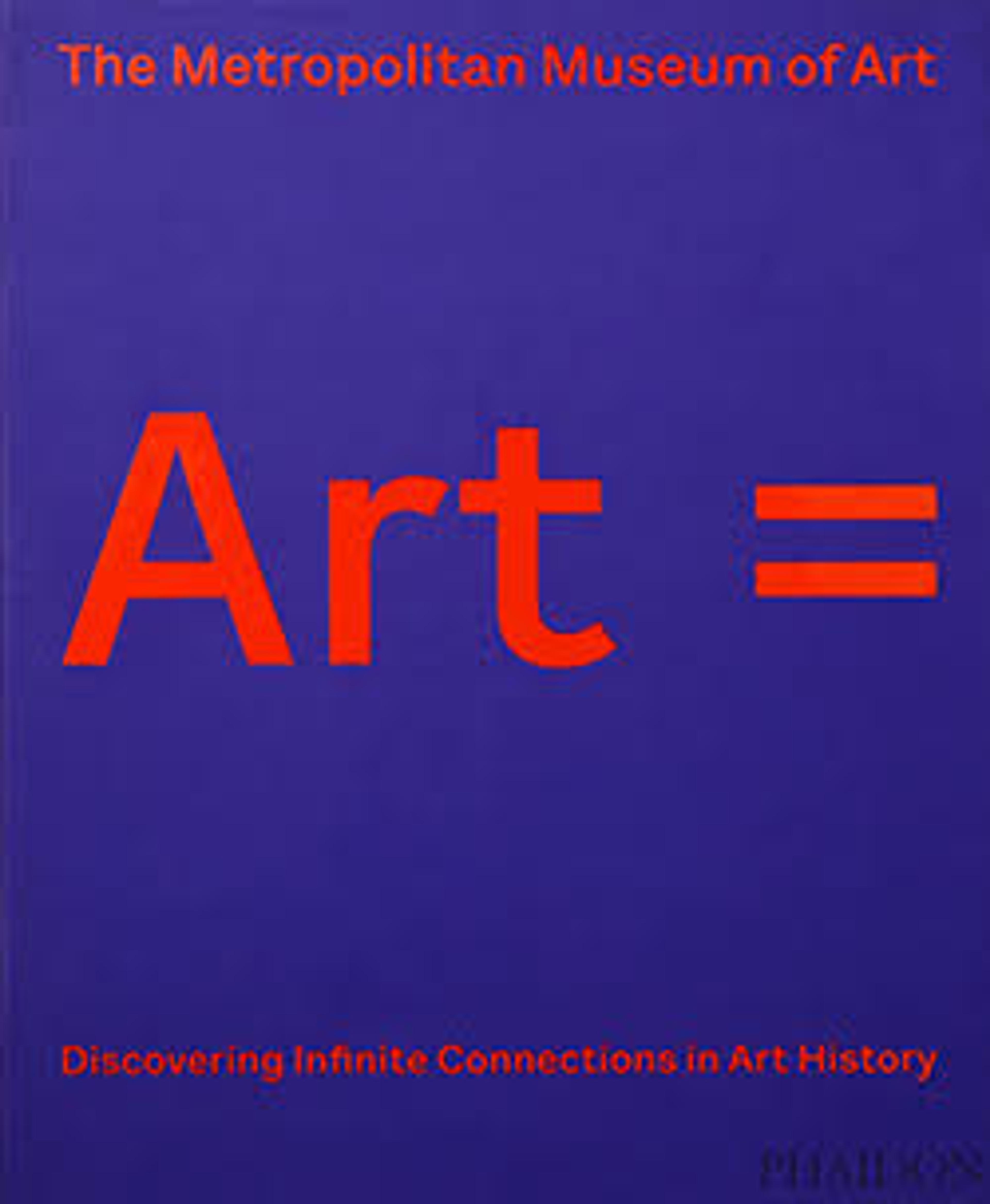Medallion with the Face of Christ
Artwork Details
- Title:Medallion with the Face of Christ
- Date:ca. 1380–1400
- Geography:Made in Lands of the Teutonic Knights, present-day Poland
- Culture:Polish
- Medium:Baltic amber with traces of paint
- Dimensions:Overall: 3 1/4 x 1 5/16 in. (8.2 x 3.3 cm)
- Classification:Lapidary Work-Amber
- Credit Line:The Cloisters Collection, 2011
- Object Number:2011.503
- Curatorial Department: Medieval Art and The Cloisters
Audio
140. Medallion with the Face of Christ
Gallery 19
NARRATOR: The luminous material of this striking medallion is Baltic amber, a fossilized material from tree resin. Amber prayer beads were widely used, but objects of this size and refinement were and are exceptionally rare: this is one of only three known examples of its kind. It probably belonged to someone of high rank. The image is meant to foster private prayer and meditation. According to tradition, a face like this appeared on the cloth that Saint Veronica used to wipe Christ's face on his way to crucifixion, and it became an object of devotion; by the late 1300s, when this work was made, veneration of the Holy Face was widespread and quite official, so much so that the church added feast days dedicated to it. The amber material makes this image of the Holy Face particularly impressive; the light passing through the translucent, honey color gives a numinous glow to the face and the halo around it. In antiquity and the middle ages, amber was abundant around the Baltic Sea. This object was likely made in present-day Poland, by craftsmen skilled in carving the region’s amber.
More Artwork
Research Resources
The Met provides unparalleled resources for research and welcomes an international community of students and scholars. The Met's Open Access API is where creators and researchers can connect to the The Met collection. Open Access data and public domain images are available for unrestricted commercial and noncommercial use without permission or fee.
To request images under copyright and other restrictions, please use this Image Request form.
Feedback
We continue to research and examine historical and cultural context for objects in The Met collection. If you have comments or questions about this object record, please contact us using the form below. The Museum looks forward to receiving your comments.
